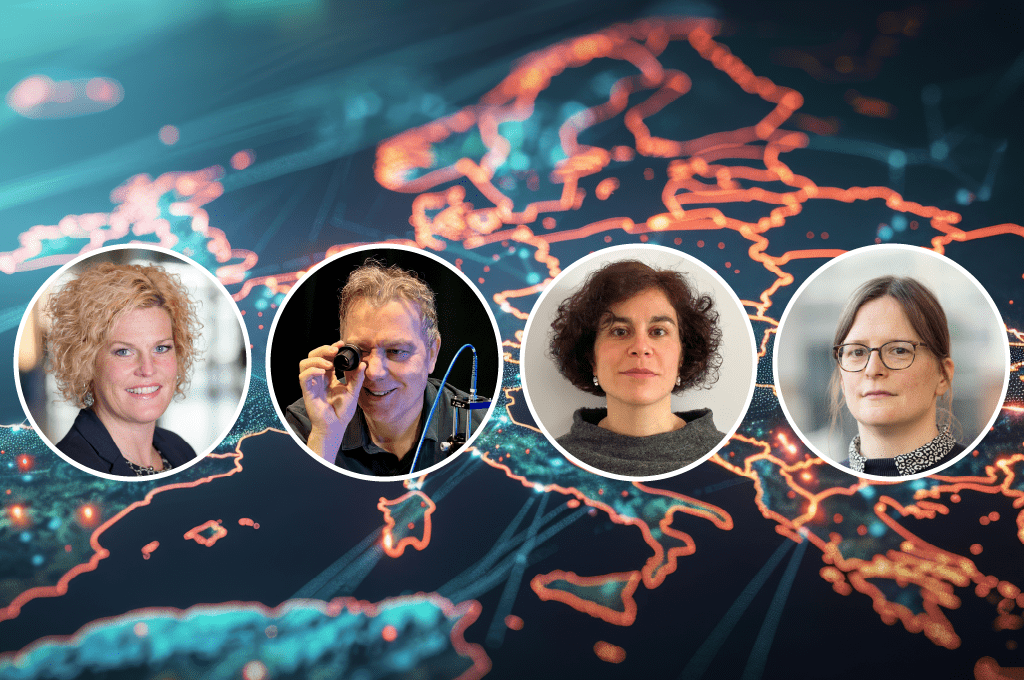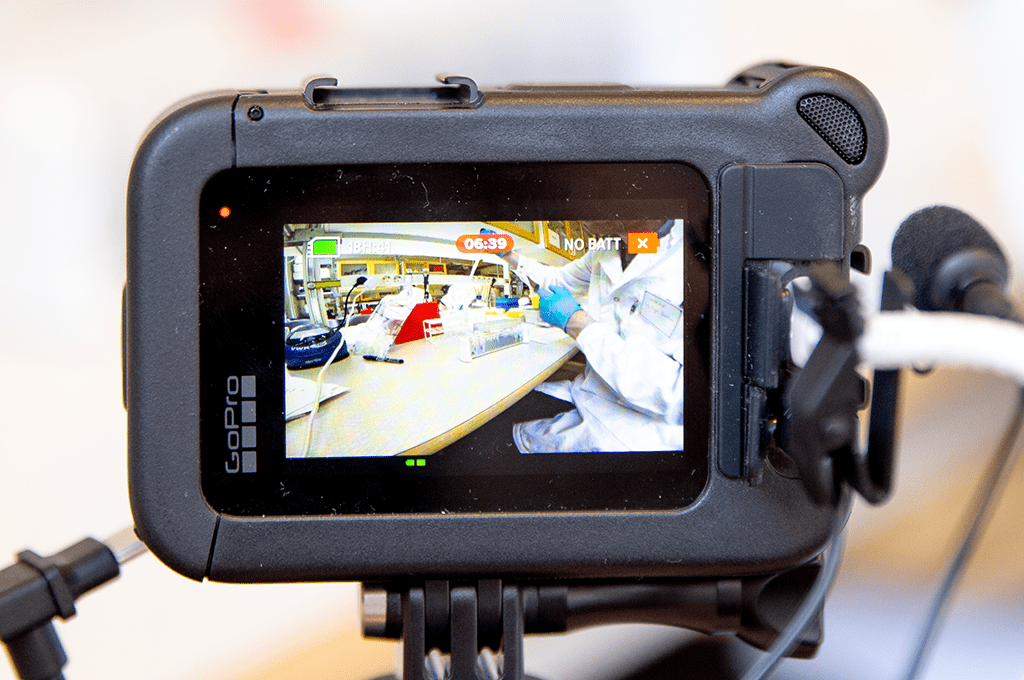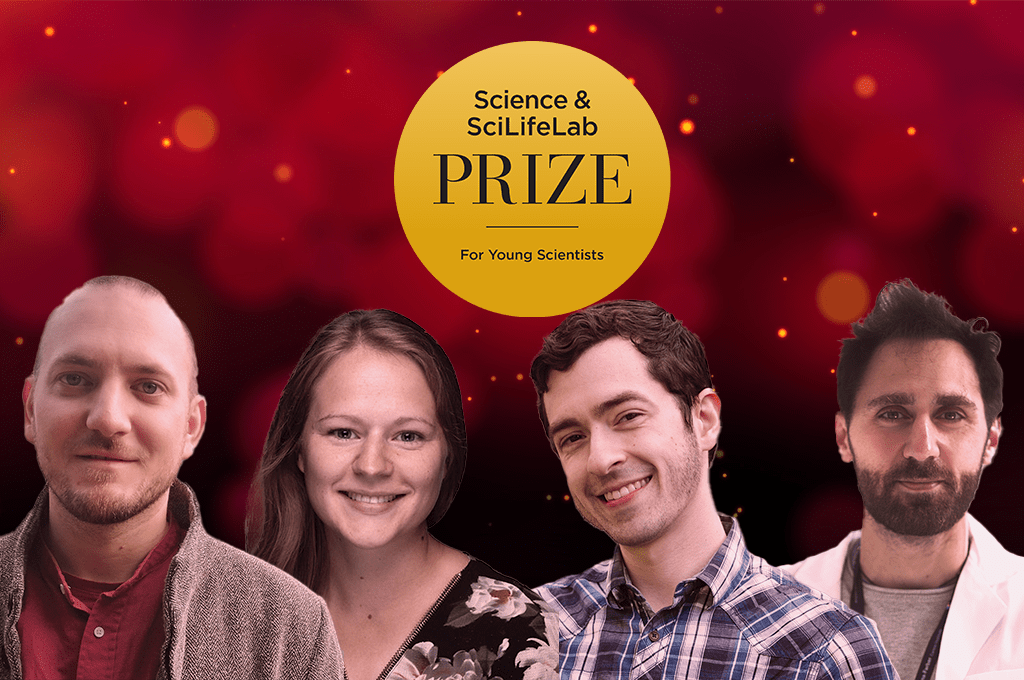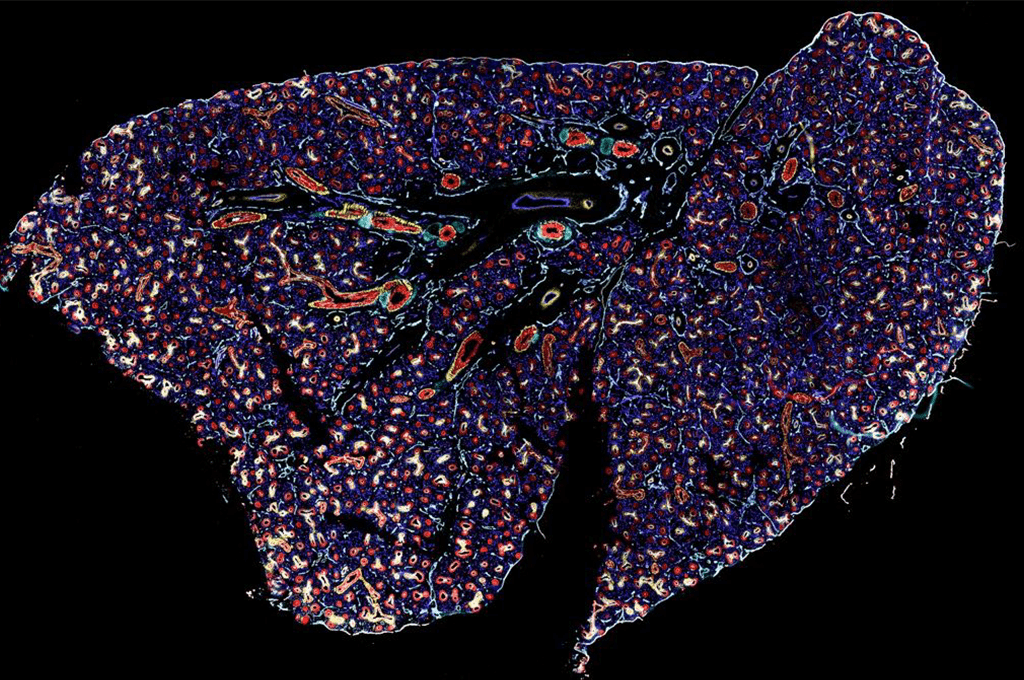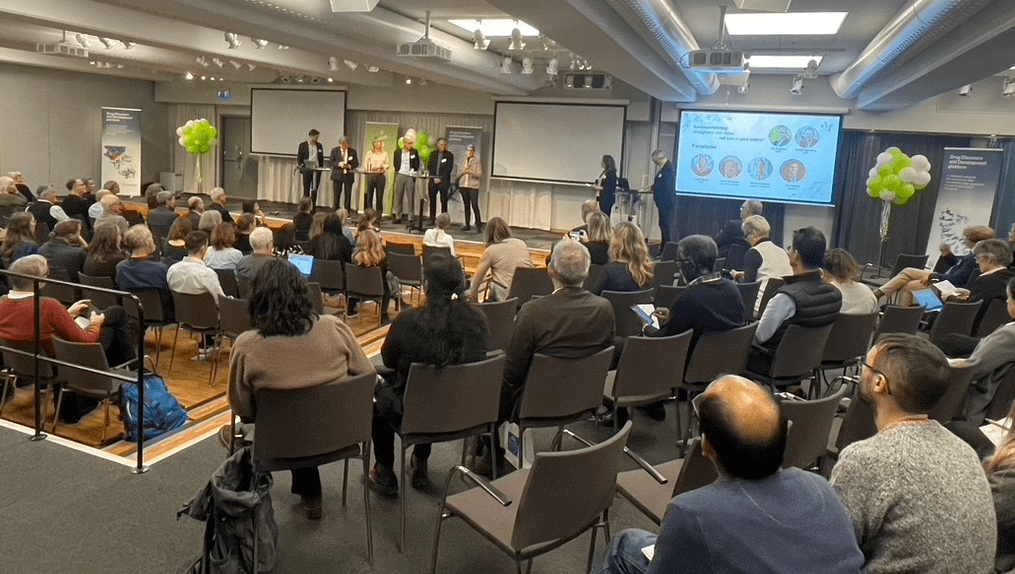SciLifeLab contributes to strengthened infrastructure career pathways
To strengthen infrastructure career development, and to ensure the continuation of state-of-the-art technological services within life science research, SciLifeLab engages in ARISE2, the European career accelerator for research infrastructure scientists.
ARISE2 is a fellowship program designed to train the next generation of research infrastructure experts through cutting-edge technology development, interdisciplinary collaboration, professional skills training, and career support.
“The ARISE2 fellowship offers an exceptional opportunity for talented researchers who show both the potential and willingness to grow into infrastructure professionals. It enables them to develop expertise in infrastructure management while contributing to technology development projects within a highly advanced, distributed, and technology-focused research environment. This is vital for building strong career pathways and ensuring a continuous supply of expert infrastructure managers and researchers, who form the backbone of tomorrow’s life sciences, increasingly dependent on cutting-edge research infrastructures,” says Annika Jenmalm Jensen, SciLifeLab Infrastructure Director.
ARISE2 is aimed toward technology and method development experts with backgrounds in science, technology, engineering, and mathematics who are interested in using their expertise to engage in an exchange of knowledge and best practices of research infrastructure management to further advance life science research.
”SciLifeLab contributes to ARISE2 in two ways; through co-financing and co-supervising four fellows, and through the opportunity for ARISE Fellows to perform long secondments of up to six months at one of the SciLifeLab units”, says Josefin Lundgren Gawell, external relations officer at SciLifeLab.
SciLifeLab’s researchers engaged in the program:
Are you interested in proposing a potential project within these EMBL/SciLifeLab interfaces, start a dialogue by contacting the respective supervisors listed above. Read more about the program and find information about the application (deadline Nov 25, 2024) on the official ARISE2 site.
Four SciLifeLab infrastructure researchers and unit heads have teamed up with four EMBL researchers and are eager to accept project proposals from interested candidates in the ongoing call.
Alvaro Crevenna (EMBL Rome) and Hans Blom, Head of unit SciLifeLab Integrated microscopy, in close collaboration with SciLifeLab group leader Mats Nilsson are intrested in receiving projects around whole embryo/large volumetric imaging, super-resolution microscopy and spatial -omics.
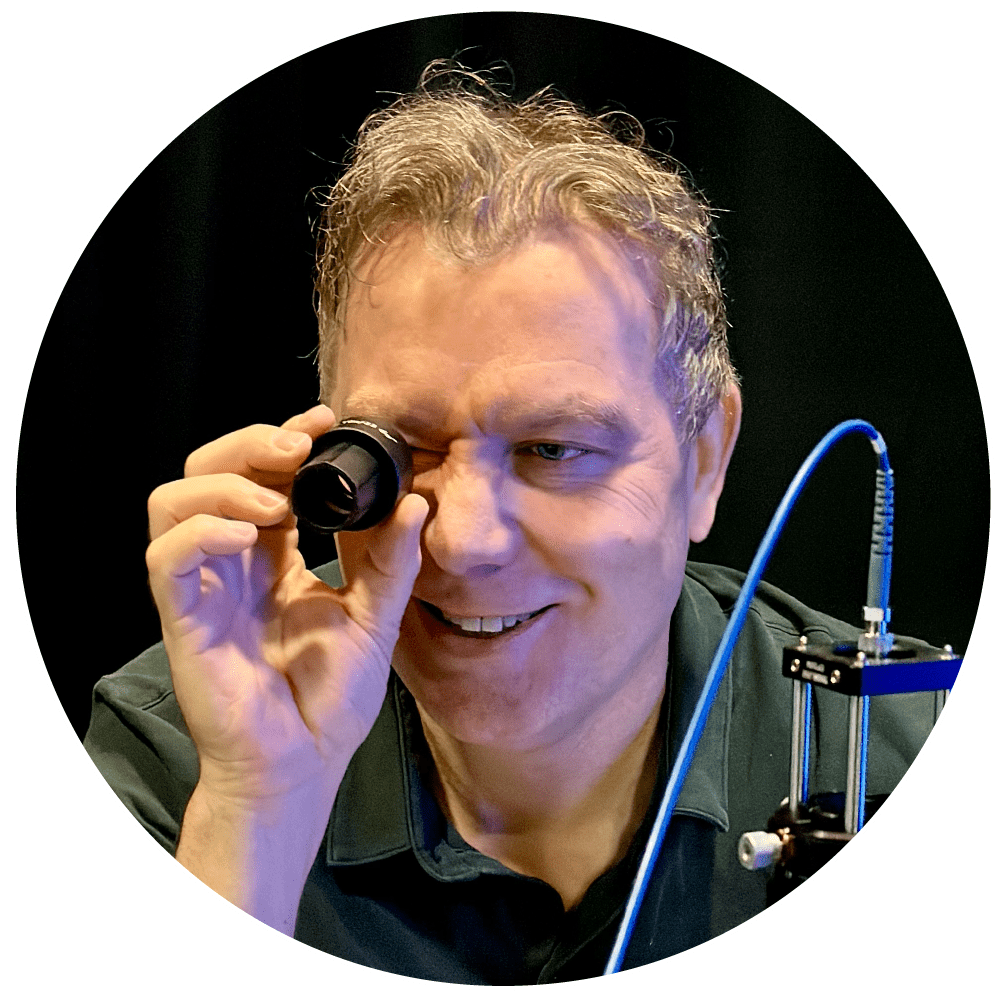
Hans Blom, Head of unit SciLifeLab Integrated microscopy
Christian Tischer (EMBL-Heidelberg) and Anna Klemm, head of the the Bioimage Informatics (BIIF) unit at SciLifeLab in close collaboration with SciLifelab group leader Carolina Wählby would like to co-supervise fellows interested in the Development of a modular, scalable and reusable workflow (software) for the analysis of spatial-transcriptomics data. Spatial omics is crucial for understanding the complex spatial organization of tissues and cellular interactions at a molecular level, providing insights into health and disease that were previously inaccessible.
“Developing scalable and reusable analysis pipelines is essential to handle the increasing volume and complexity of spatial omics data, facilitating efficient and reproducible research across diverse studies and applications” says Christian Tischer, EMBL.
“It is a very exciting program since the fellow will benefit from a comprehensive training program including individually tailored training opportunities and career development support”, comments Anna Klemm, SciLifeLab.

Anna Klemm, head of the the Bioimage Informatics (BIIF) unit at SciLifeLab
Sinem Saka (EMBL-Heidelberg) will pair up with SciLifeLab head of lycoproteomics and MS Proteomics unit Carina Sihlbom Wallem. They welcome projects related to and wish to development of spatial multi-omics workflows that utilize the deep visual proteomics together with spatial transcriptomics. The partner will provide expertise and equipment access in low-input proteomics and mass spec data analysis.
“Through the ARISE2 program, we are looking forward to strengthening partnerships between EMBL and SciLifeLab that will enable the exchange of information and foster cutting-edge methodologies, while creating opportunities to train the next generation of research infrastructure experts and technology-driven scientists.” Says Sinem Saka, EMBL
”We are interested in receiving multi-omics research projects to share our expertise with and also to learn from each other between the labs. We offer access to the latest and best-performing proteomics techniques” comments Carina Sihlbom Wallem, SciLifeLab.
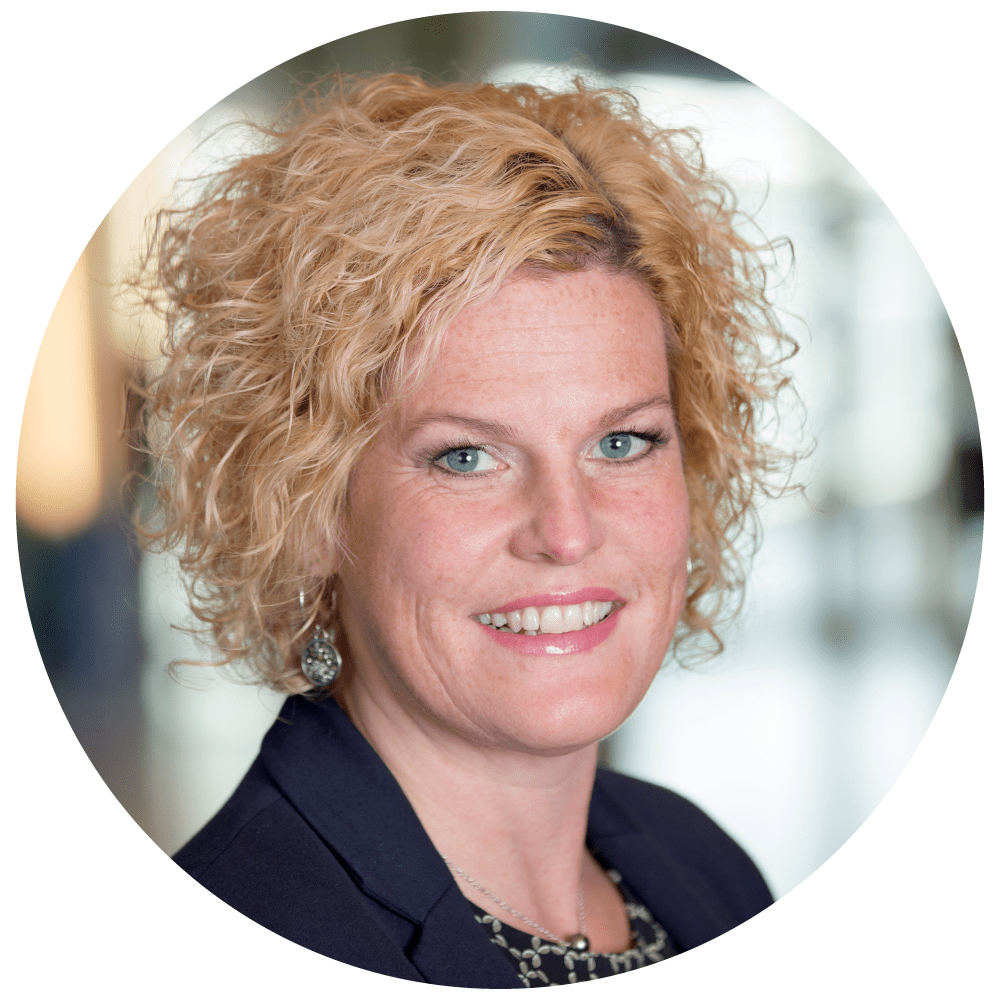
Carina Sihlbom Wallem, Head of Glycoproteomics and MS Proteomics, SciLifeLab
Finally, Sameer Velankar (EMBL-EBI, Cambridge, UK) will collaborate and co-supervise a Fellow together with SciLifeLab head of the Cryo EM unit Marta Carroni, in close collaboration with SciLifeLab researcher Arne Elofsson. They welcome projects from candidates related to how three-dimensional (3D) structure dictates its function and can facilitate mechanistic understanding of biological processes. The recent advances in Artificial Intelligence (AI)-based methods, such as AlphaFold and RoseTTaFold, provide high-quality structure models for biomacromolecules (proteins and nucleic acids) and their complexes small molecule ligands and have transformed basic and translational life science research. The teams are interested in exploring some of the computational challenges in employing AI-based methods for predicting large biomacromolecular complexes and generate a set of high-quality structure models.
“The Elofsson groups works on developing machine learning methods for protein-protein interactions and looks forward to co-supervision ARISE2 Fellows within this field”, says Arne Elofsson, SciLifeLab.

Marta Carroni, Platform director at SciLifeLab Cellular and Molecular Imaging and Head of unit at Cryo-EM Stockholm
